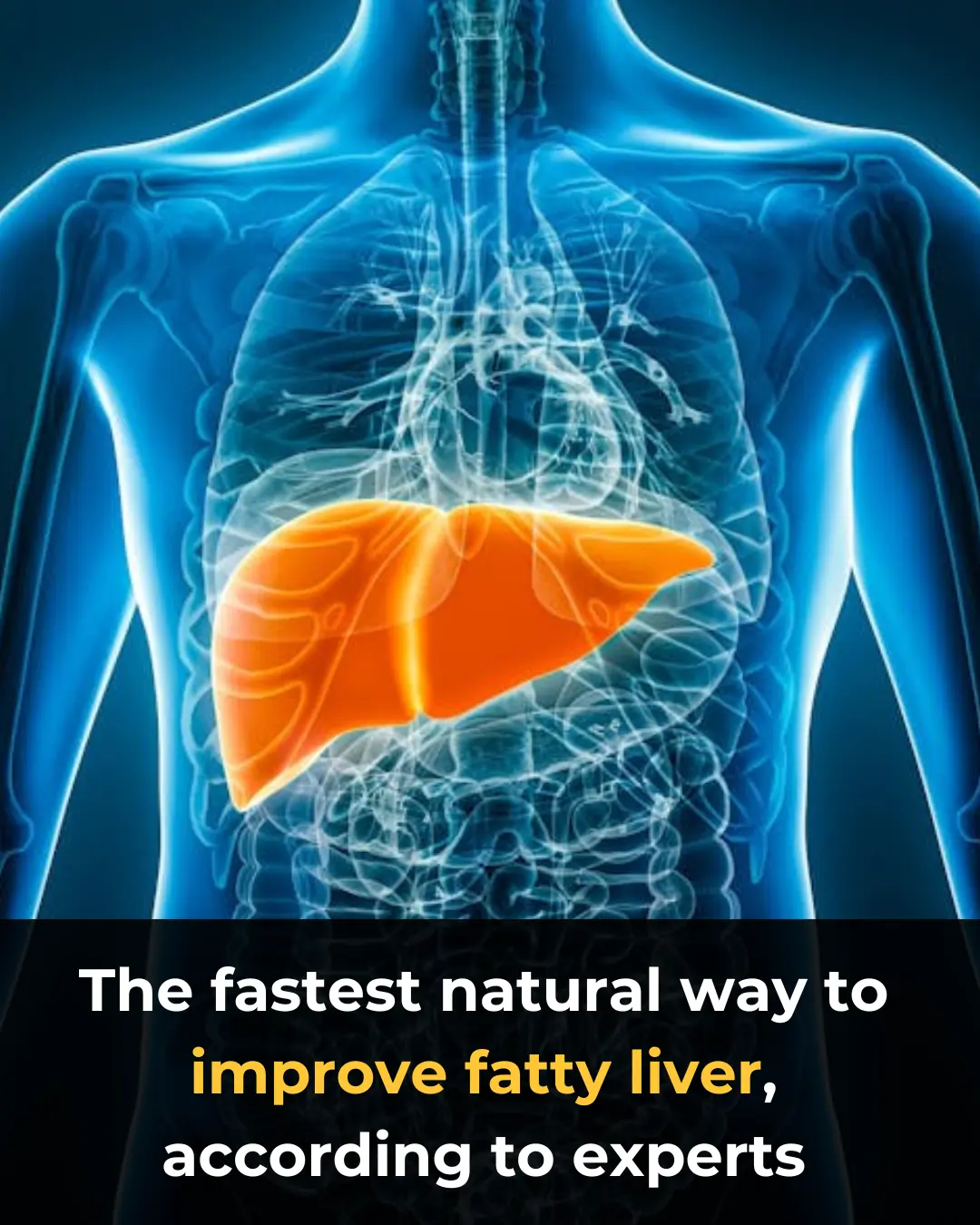
6 Foods That Can Drain Your Calcium and Weaken Bones

6 Foods That Can Drain Your Calcium and Weaken Bones
Calcium is one of the most important minerals in the human body. Not only does it fortify bones and teeth, but it also keeps your heart beating steadily, supports muscle contractions, and helps your nervous system function smoothly. About 99% of calcium is stored in your bones and teeth, acting as a long-term reserve. The remaining 1% is constantly circulating through the bloodstream to support essential life processes.
Because the body cannot produce calcium on its own, you must get it from food, drinks, or supplements. Unfortunately, several everyday foods and beverages can interfere with calcium absorption or cause the body to lose calcium more quickly. Over time, this can weaken bone density and increase the risk of fractures or osteoporosis.
Below are six common culprits—and how to protect yourself from them.
1. Soda and Soft Drinks
Many sodas—especially dark colas—contain phosphoric acid, a compound that disrupts calcium absorption and may draw calcium out of bones. High amounts of added sugar also promote inflammation, which contributes to bone loss over time. Regular soda drinkers often replace milk, water, or healthier beverages with sugary drinks, further reducing calcium intake.
Smart Swap: Try herbal teas, sparkling water with lemon or lime, or naturally flavored water infused with berries or mint. These offer flavor without harming your bones.
2. Salt and Sodium-Rich Foods
Consuming excess salt forces your kidneys to excrete more calcium through urine. Over time, this constant calcium loss may reduce bone density. Foods highest in sodium include fast food, packaged chips, canned soups, processed sausages, instant noodles, and frozen convenience meals.
Smart Swap: Cook with less salt and rely on herbs like rosemary, thyme, garlic, turmeric, or lemon juice for flavor. Reading nutrition labels can also help you spot hidden sodium.
3. Caffeine (Coffee, Tea, Energy Drinks)
While moderate caffeine intake is usually safe, high consumption can increase calcium loss through urine. Drinking multiple caffeinated beverages daily may gradually weaken bones—especially if calcium intake is already low. Caffeine can also interfere slightly with calcium absorption when consumed at the same time as meals.
Smart Swap: Limit caffeine to 1–2 cups per day, and pair your morning coffee with calcium-rich foods like Greek yogurt, chia pudding, or fortified almond milk.
4. Alcohol
Excessive alcohol intake disrupts nearly every part of the calcium cycle. It slows down the activity of osteoblasts—the cells responsible for building new bone—and reduces the body’s ability to absorb calcium from food. Alcohol also interferes with vitamin D metabolism, making it harder for your body to use the calcium you do consume.
Smart Swap: Stick to moderate drinking—up to one drink daily for women and two for men. On days you drink, ensure your meals include calcium and vitamin D sources such as leafy greens, dairy, or fortified products.
5. Red Meat and Processed Meats
Red meat and processed meats contain large amounts of phosphorus. While phosphorus is essential for bone health, an imbalance—especially a diet high in phosphorus but low in calcium—can disrupt the body’s mineral levels and reduce bone strength. Many processed meats also contain additives and high sodium, compounding the problem.
Smart Swap: Enjoy red meat occasionally rather than daily. Replace it with leaner protein sources like fish, chicken, tofu, beans, or lentils.
6. Spinach and Rhubarb (Oxalate-Rich Foods)
Although spinach is nutritious, it contains high levels of oxalates—natural compounds that bind to calcium in the digestive tract. This prevents the calcium from being absorbed by the body. Rhubarb works the same way. These foods are healthy, but they should not be relied on as primary calcium sources.
Smart Swap: Pair oxalate-rich vegetables with low-oxalate, calcium-rich options like broccoli, kale, bok choy, or fortified plant-based milks to improve absorption.
Key Takeaway
Bone health depends on more than just how much calcium you consume—it's also about how much your body retains and absorbs. Certain foods can interfere with this delicate balance, contributing to bone loss, weakened density, and increased osteoporosis risk as you age.
Your bones store the majority of your calcium, but your heart rhythm, nerves, and muscles depend on the calcium circulating in your blood. Protecting your calcium balance today helps preserve mobility, strength, and vitality for years to come.
News in the same category


Could the bacteria in your nose be causing Alzheimer’s?
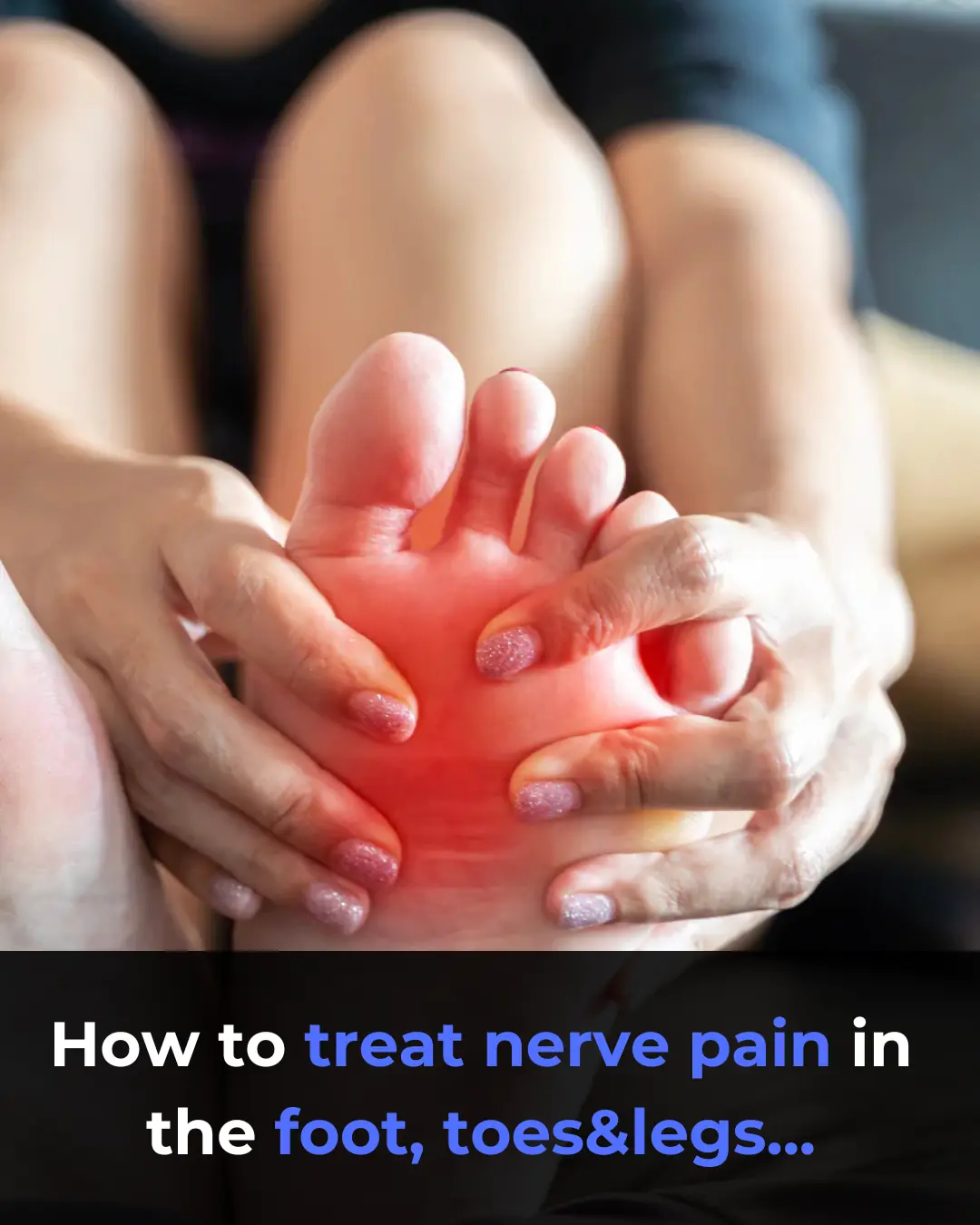
How to treat nerve pain in the foot, toes & legs

Bee venom wiped out 100% of aggressive breast cancer cells in just 6 hours
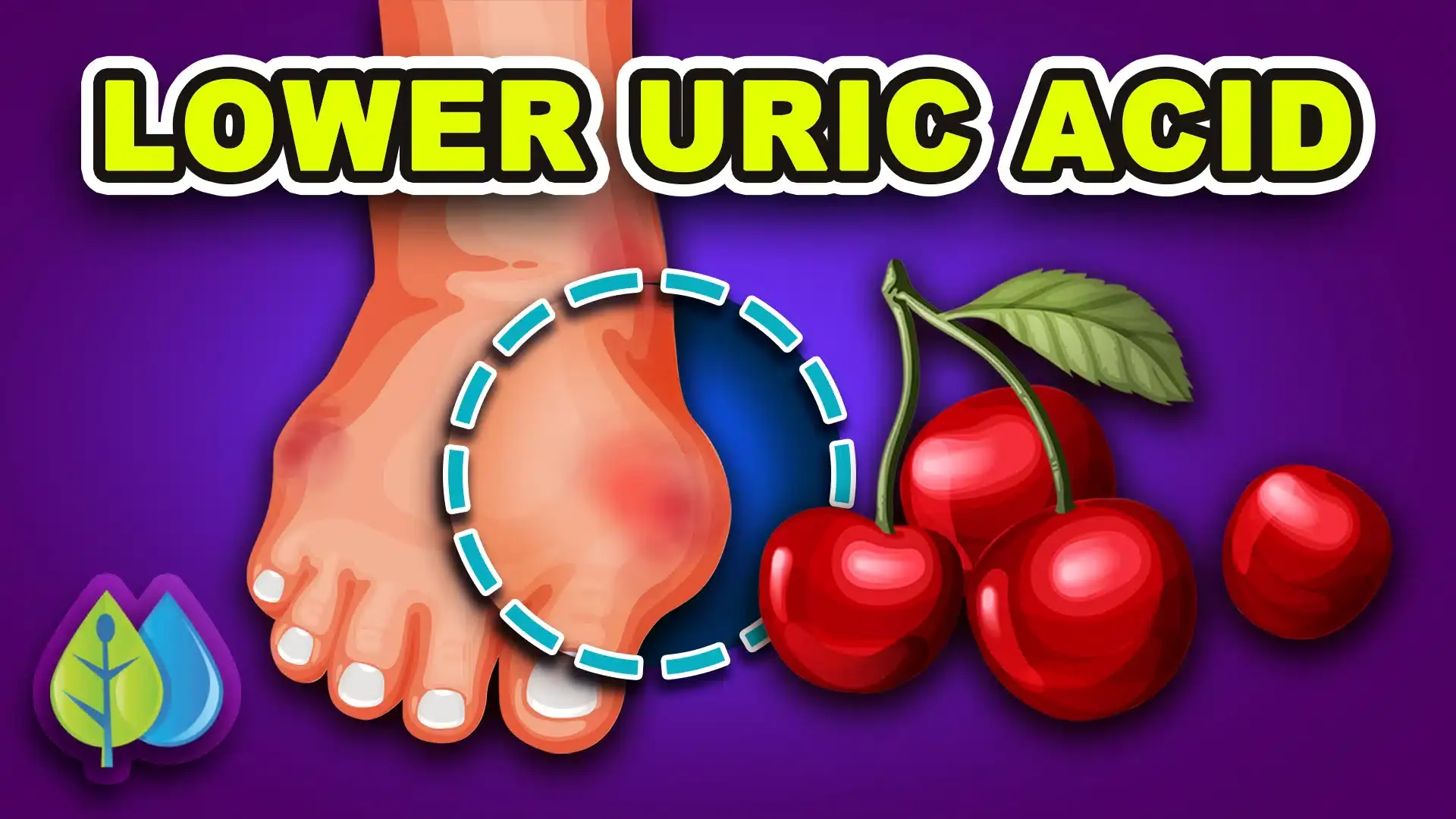
10 Ways to Lower Uric Acid Naturally
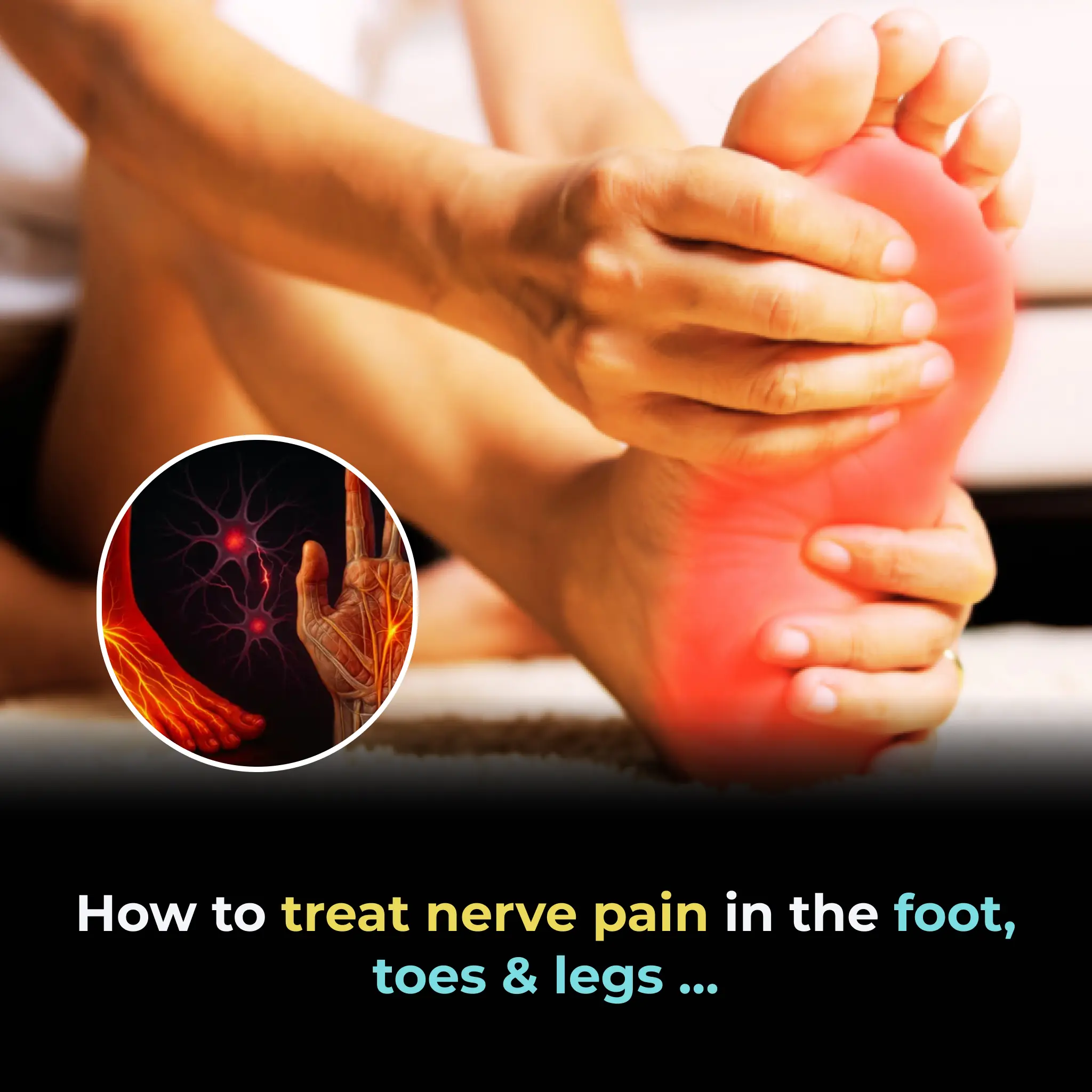
How to treat nerve pain in the foot, toes & legs …
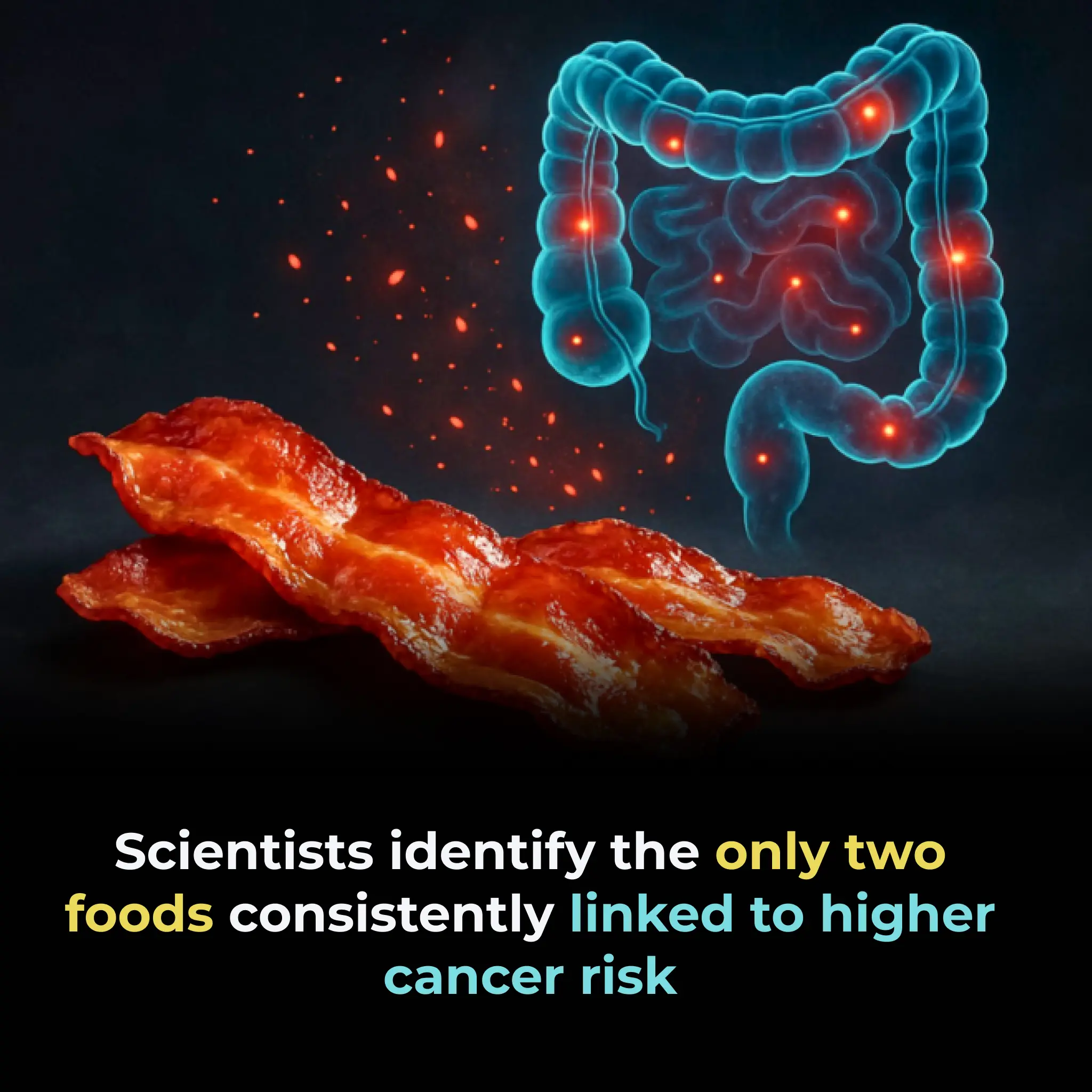
Scientists identify the only two foods consistently linked to higher cancer risk
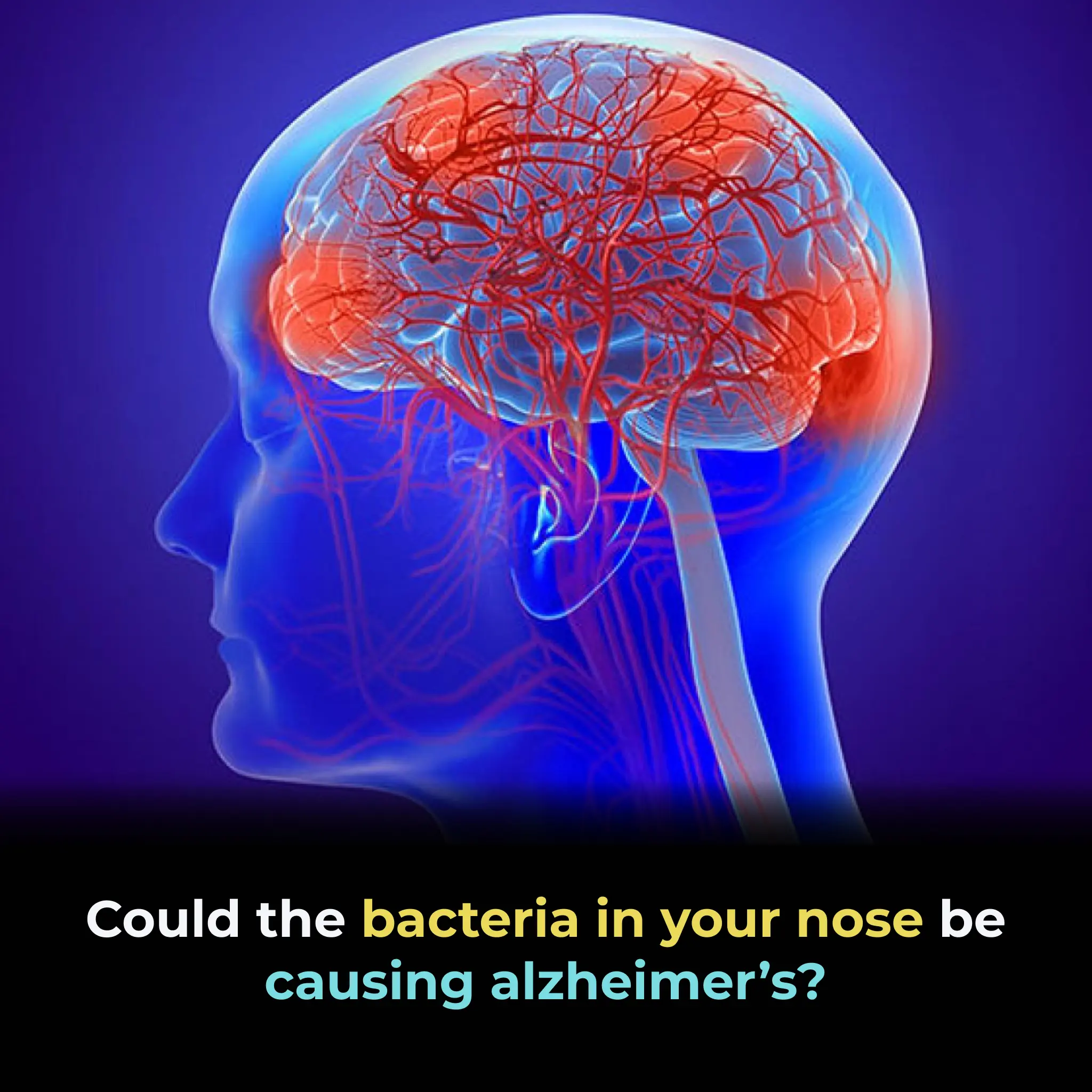
COULD THE BACTERIA IN YOUR NOSE BE CAUSING ALZHEIMER’S?

The Shocking Impact of Honey with Cloves on Your Health

Clear Your Lungs and Soothe Your Cough Naturally with Onion Remedy

Guava Leaf Tea: A Simple Habit With Powerful Health Benefits

The single move that instantly clears congestion and drains your sinuses

This common diabetes medication may undo the benefits of your workouts
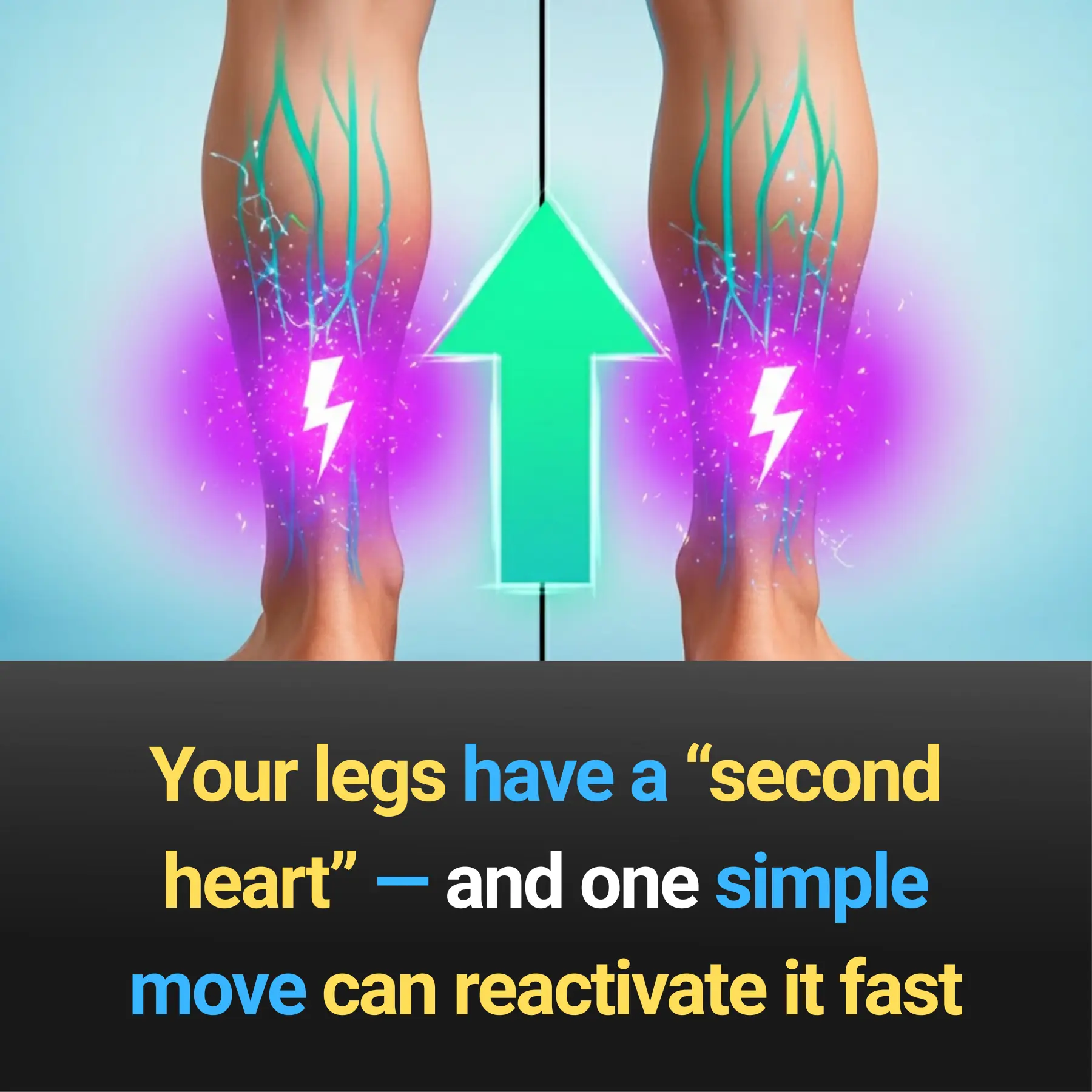
Your legs have a “second heart” — and one simple move can reactivate it fast

9 cancer warning signs your body is sending you (don’t ignore these!)

Here’s the secret why everyone puts avocados on the fire!

Scientifically Proven Benefits of Pumpkin Seeds (Pepitas) and Pumpkin Seed Oil

The single move that instantly clears congestion and drains your sinuses

11 Health Warnings Your Fingernails May Be Sending
News Post

Vaseline Uses and Benefits for Skin, Lips, and Hair

10 simple ways to reduce dust at home that most people overlook

You’re Doing It All Wrong: Here’s the Right Way to Defrost Frozen Pipes
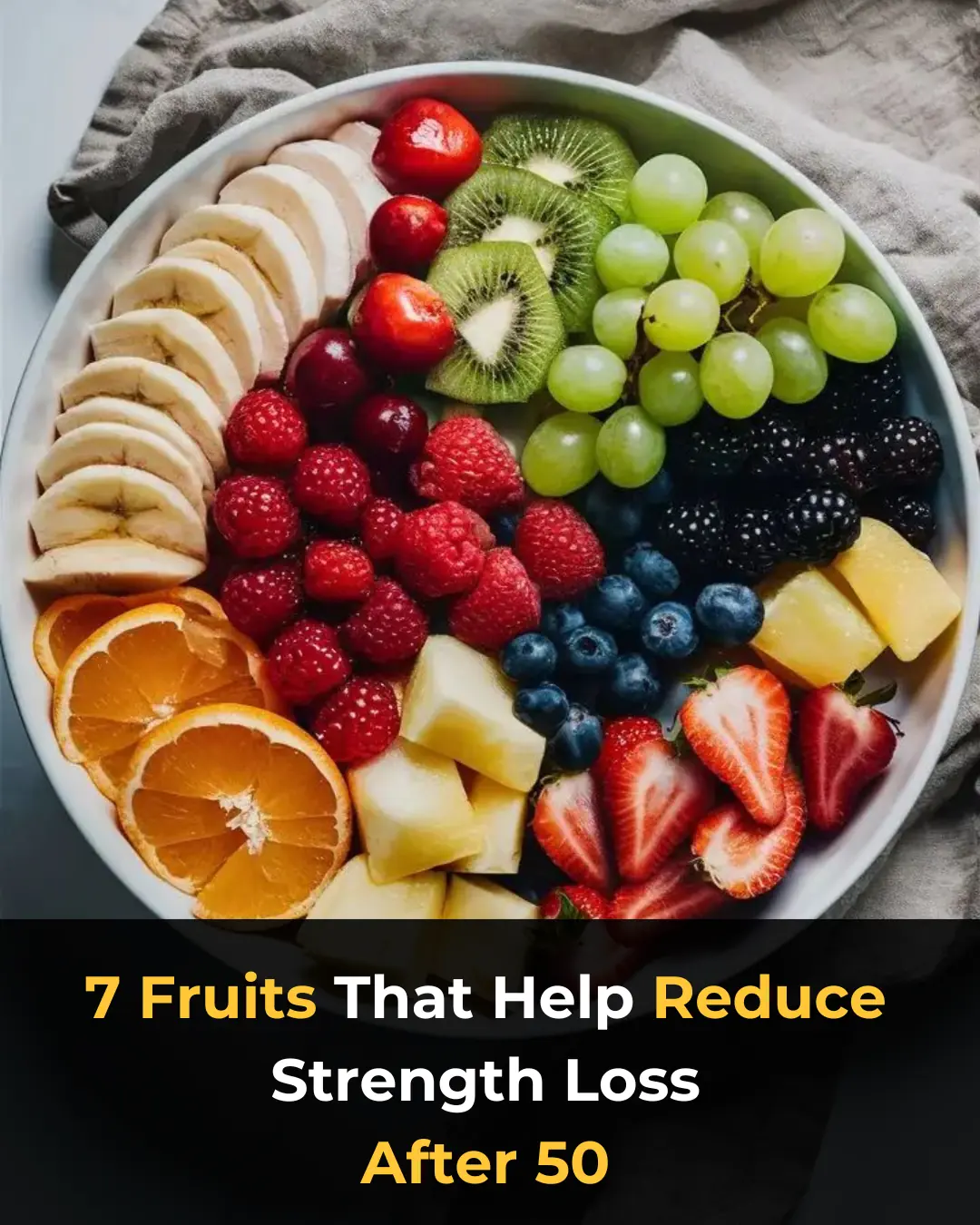
7 Powerful Fruits to Preserve Muscle Strength and Energy After 50

I Didn’t Know!

The #1 FASTEST way to reverse fatty liver naturally

Could the bacteria in your nose be causing Alzheimer’s?

How to treat nerve pain in the foot, toes & legs

The air conditioner only has wind but is not cool. Don't rush to call a repairman and waste money. If you do this, it will be cold.

The more flowers the money tree has, the more luck it attracts: Do this and the money tree flowers will grow 5 times faster.

When boiling duck, don't add ginger and cold water. Add this to remove all the bad smell from the meat and you won't get tired of eating it.

Avocado Seeds: The Overlooked Nutritional Power Inside the Fruit

Bee venom wiped out 100% of aggressive breast cancer cells in just 6 hours

A New Breakthrough: Magnetic Microrobots Designed to Navigate Blood Vessels and Stop Strokes

10 Ways to Lower Uric Acid Naturally

A Dual Climate Solution: Solar Panels Over Canals Could Save Billions of Gallons of Water
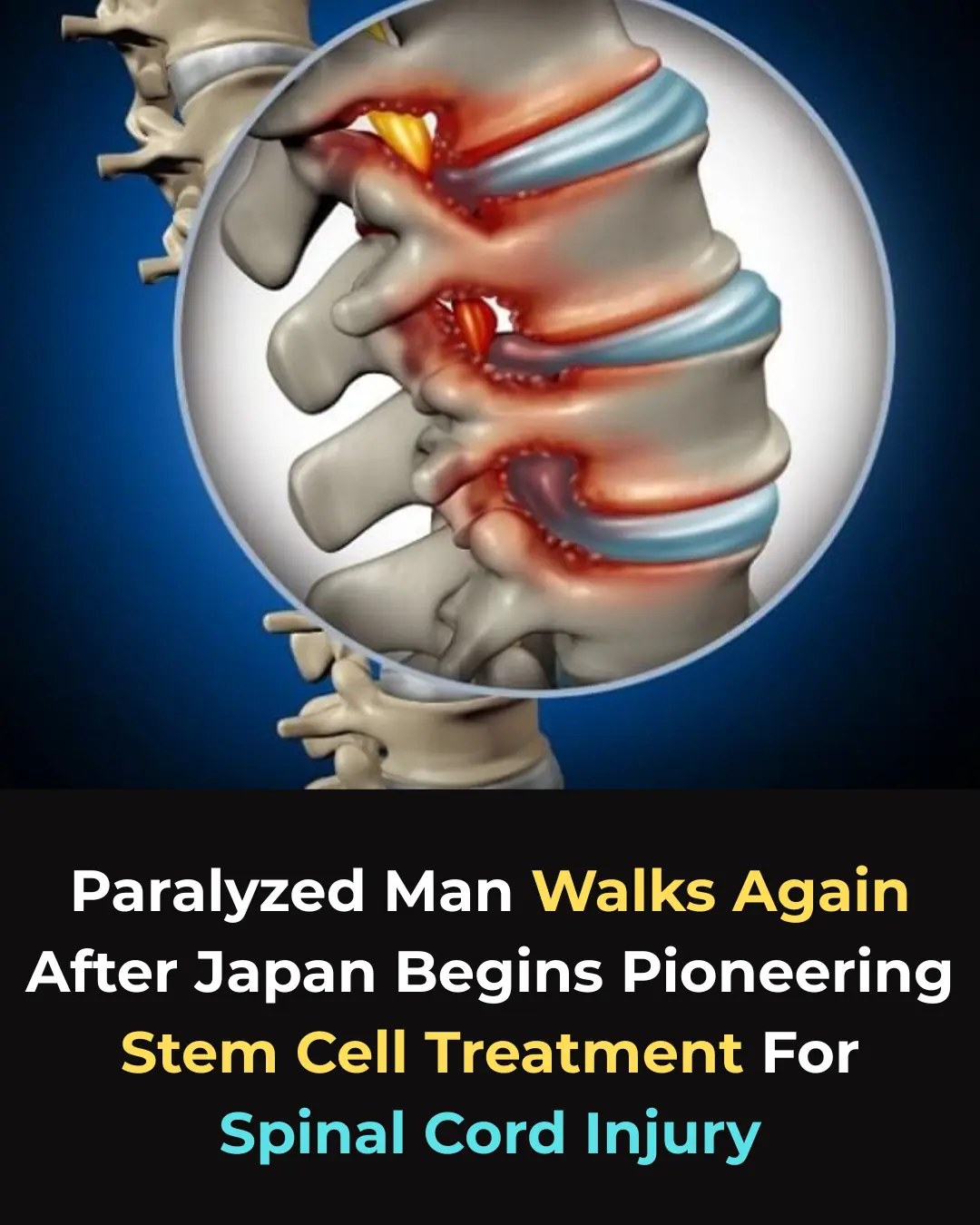
Regenerative Medicine Milestone: Stem-Cell Trial Restores Motor Function in Paralyzed Patients

From Crow to Cleaner: How Feathered Geniuses Are Fighting Litter in Spain
